Every day, women encounter countless stressors in both their personal lives and professional careers, which can lead to them feeling depressed. Reportedly, depression in women is more common and widespread than depression in men. Everyone transpires through onerous times in their lives, which causes them to feel down and out. Failure in a relationship, loss of a loved one, or financial troubles can cause a relatively positive person to become depressed.
The pervasive nature of depression lessens with increasing levels of family income. While feeling bad about the above conditions is completely natural, lengthened periods of negative emotion can eventually take a toll on the body.
Women even have different symptoms of depression than men:
- Feelings of exhaustion
- Negativeness
- Irritability
- Anxiety
- A sense of guilt
- Fatigue
- Tension
- Lack of interest
- Low on energy
- Trouble remembering things
- Inability to analyze things
- Panic attacks
- Stomach Cramps
- Headaches
- Digestive issues
- Bloating
- Mood swings
- Sleep disruptions
- Hassle maintaining healthy relationships
- Isolating oneself from social situations
Though you can try to control it with self-medication and other healthier ways, in some instances, women even turn to substances like drugs and alcohol as a means to cope. In turn, this boosts the potential for becoming an addict.
Read A Woman’s Struggle With Depression And How To Beat It
The good news is that it’s possible to treat depression, and there are several steps you can take to reduce your risk of depressive episodes. The most basic yet powerful bit of advice you’ll hear from motivational speakers and life coaches is taking care of yourself first among all others. Beth Kenter and Aliza Sherman, in their book, focused primarily on ‘We Care’ because it centers around the idea that, overcoming burnout starts with the individual.
Sadly, most of us never worked on a life transformation phase, here are some useful tips for women dealing with depression:
- Recognize the signs and symptoms of depression. Check-in with your doctor about hormonal problems as hormone fluctuations throughout the month can trigger depressive phases. If your periods of depression tend to coincide with your menstrual cycle, it may be worth getting a hormone test from your doctor.
- Many women experience extreme fatigue, irritability, and bad moods right before their period as the effects of PMS are simply more exaggerated in some people than others. If you are suffering physically or emotionally because of PMS, your doctor may be able to prescribe you medication that will help you better manage your symptoms.
- Start working out regularly. Exercise can be very effective in boosting your mood and increasing your energy level. If you’re always feeling low, start working out at least four to five times per week.
- Rearrange the bedroom if you have to, play relaxing music before you go to bed, or take a warm bath right before bedtime so you can relax naturally.
- Get yourself on a steady sleep schedule so your body can restore its natural circadian rhythm – you’ll notice a significant improvement in mood, avoid night sweats, and enjoy proper sleep.
- Practice natural relaxation techniques. Reduce stress naturally by practicing yoga, spending time at the spa, or getting a massage. Learn meditation to clear your mind of negative thoughts and just enjoy the silence. Sometimes stress is something that you produce internally with your own mind. Learning how to relax and enjoy some peace of mind can ward off depression and improve your overall well-being.
- Stay in touch with friends and relatives. Don’t isolate yourself to the point that you lose contact with close friends and family members. Make an effort to chat on the phone or meet up for coffee. Even a quick email or text message to say hello can be a useful way to get some two-way communication going. Don’t avoid people in hopes of getting better – you will probably get better when you stay in touch with people and can communicate openly.
I believe that now after reading this post so far, you have got a better perception of how depression affects women, and thus, can easily figure out what to do. If you are easily vulnerable to be depressed from the smallest of things, the best thing you can do for self-care is to seek the guidance of a professional. They can use various cognitive therapies to help you sort through your emotions and deal with your depression in a more constructive manner.
Read 5 Things You Can Do To Overcome Depression And Anxiety Naturally
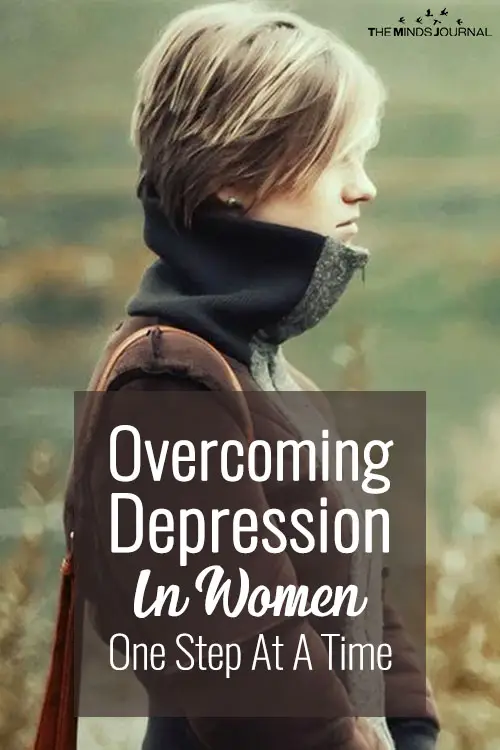
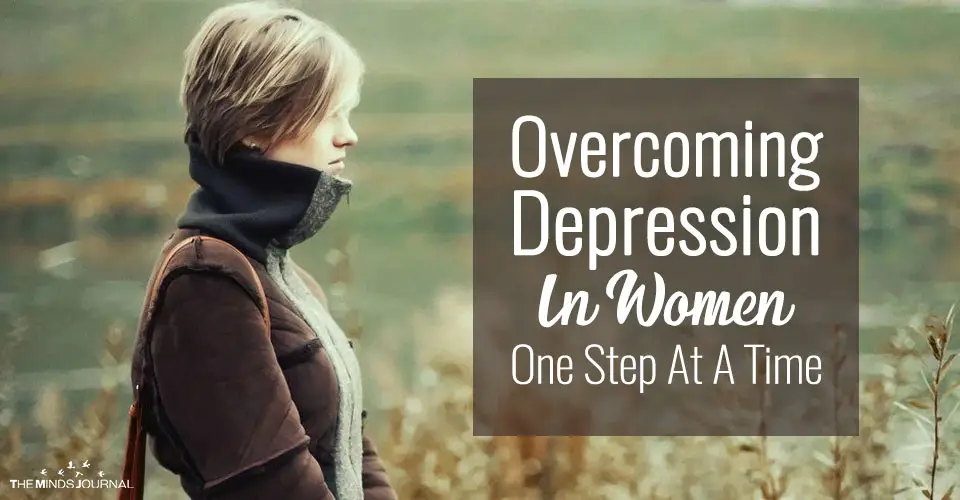

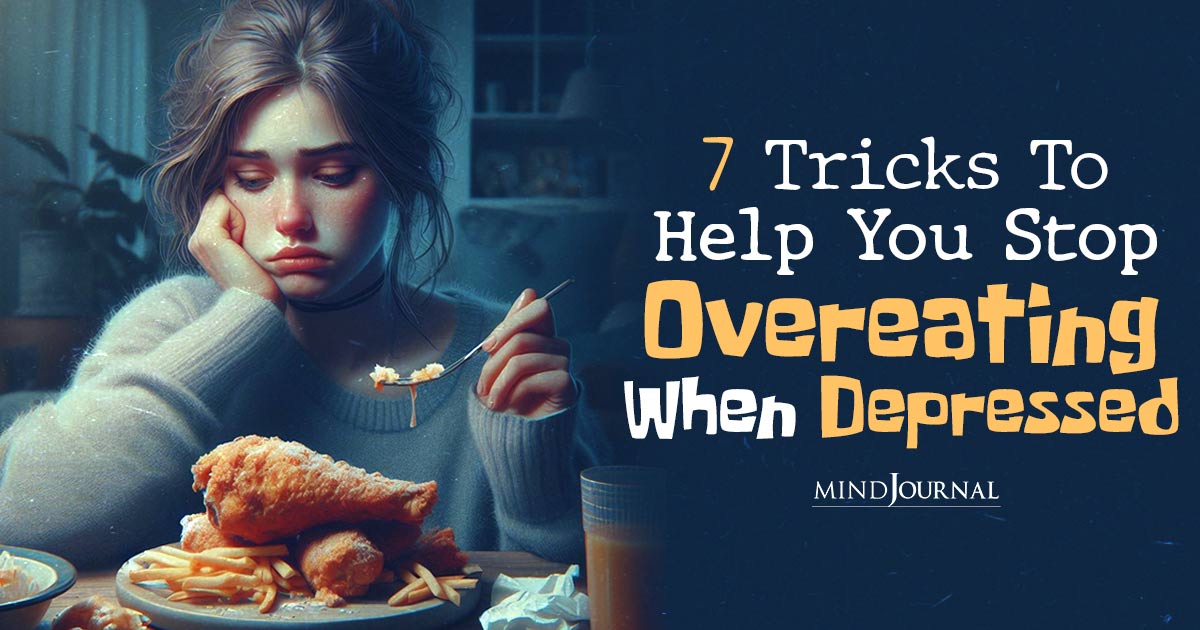
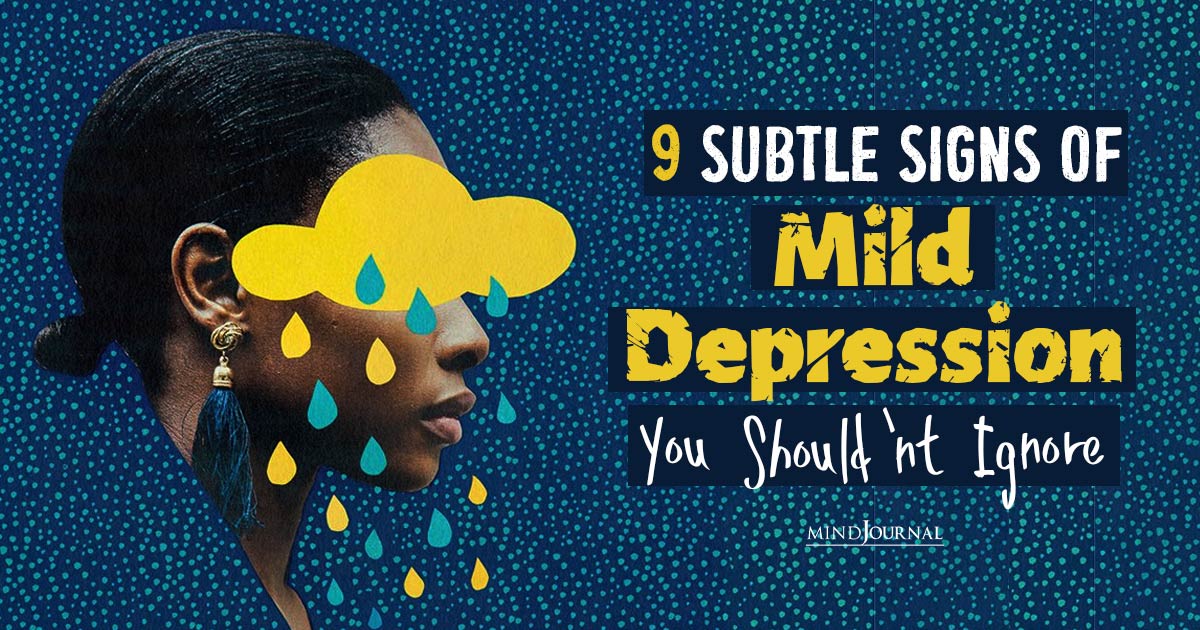
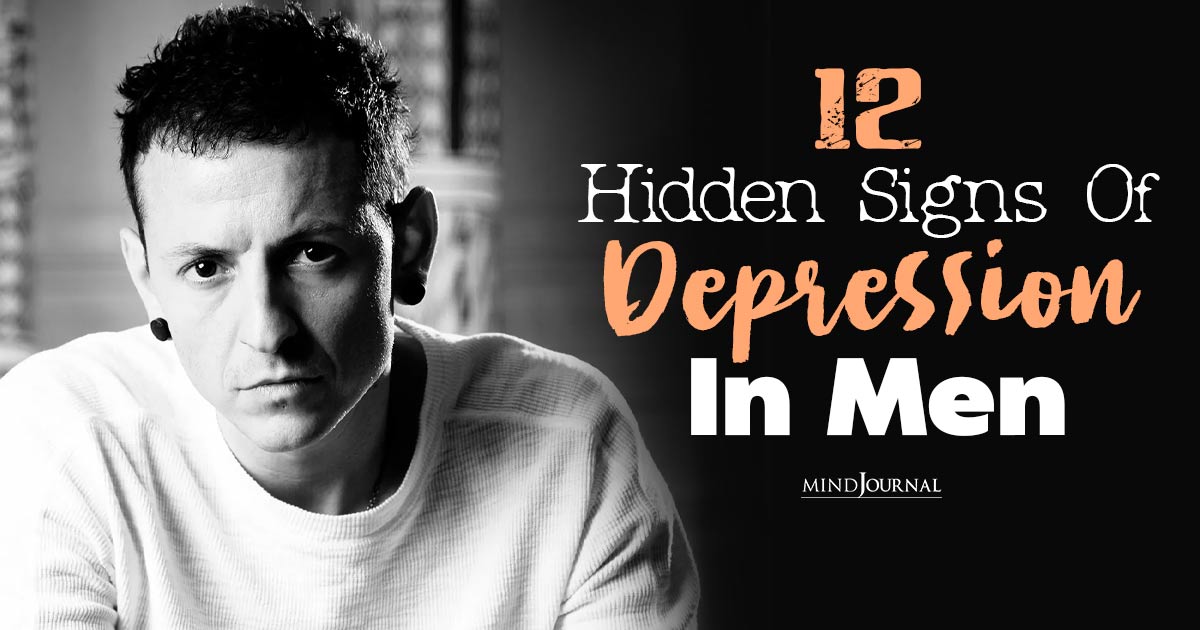
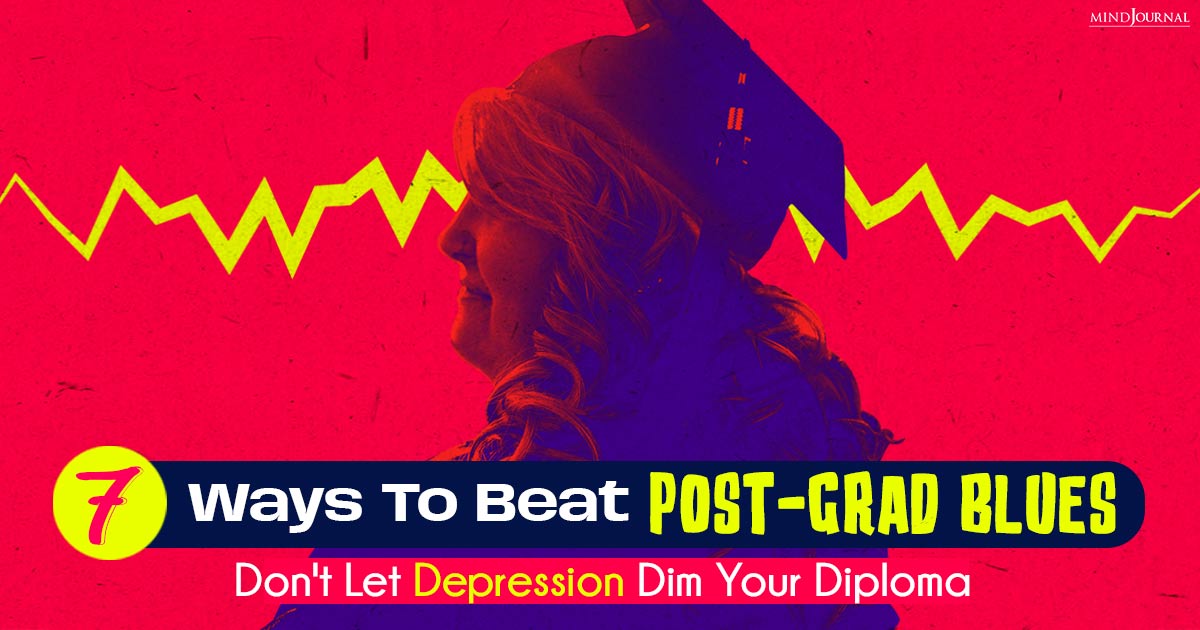
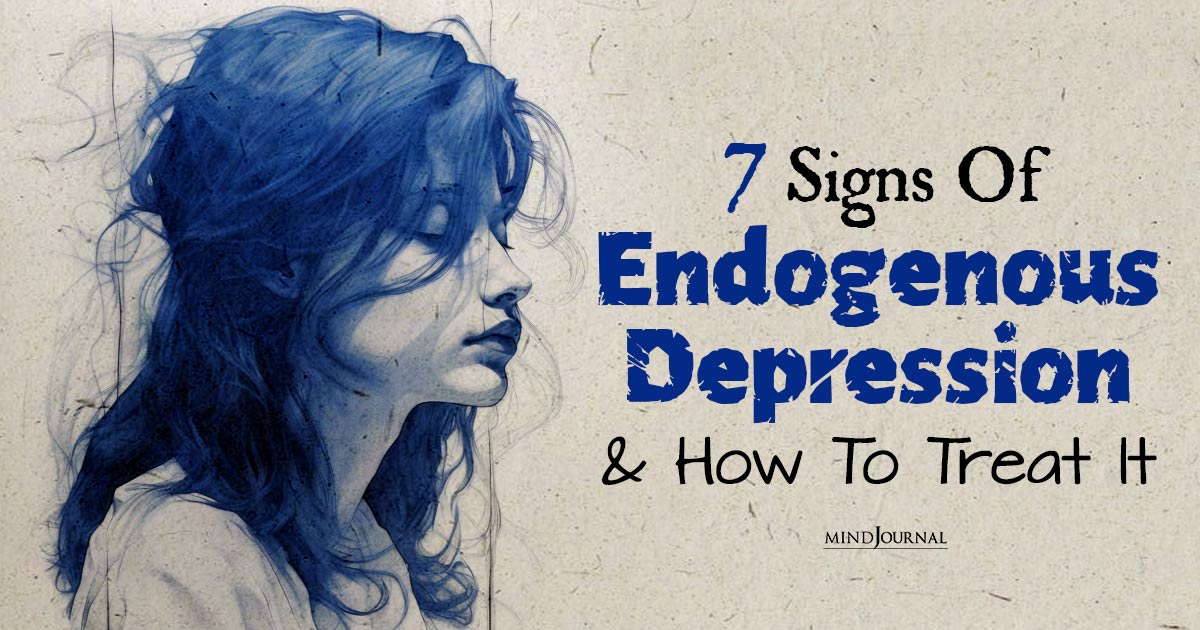

Leave a Reply
You must be logged in to post a comment.